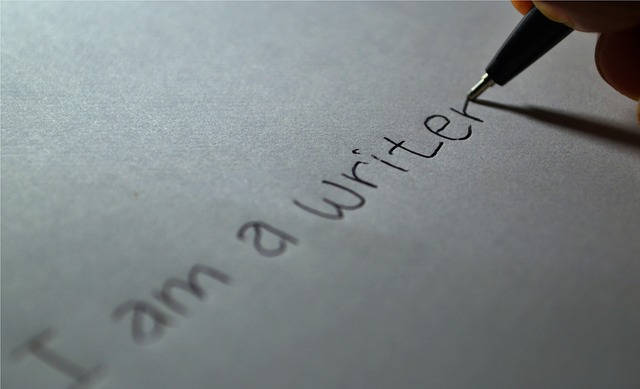 “How’s the novel coming along?”
“How’s the novel coming along?”
“When will your novel be published?”
“Do you have an agent?”
My Novel Still Lives, Contrary to What You May Think
When you announce that you are writing a novel (which I did three years ago), these questions are typical of what you can expect. Friends and family members figure after all this time you must certainly be finished writing it. What would take so long?
The truth of the matter is … my truth, anyway … writing a novel is wayyyy harder than you think, and takes wayyyy longer than you could have imagined. I can’t emphasize wayyy strongly enough.
My WIP (work in progress) has had its fits and starts over the years. I successfully wrote the first draft for NaNoWriMo in 2014. I blogged about writing my second draft. I blogged about rewrites. I blogged about losing my momentum. Too much blogging and not enough writing, probably.
And then it was 2017.
2017 was a bad year for almost everything, including my novel, because I was consumed with outrage about the presidential election and chose to channel that anger through writing a newsletter for activists as well as dark humor pieces that I seldom shared but made me feel better.
It was cathartic for me, and I’m in a different place now. Still angry, still resisting, but giving myself permission to include some pre-Trump normalcy in my life.
2018 will be the Year of My Novel.
Here’s why. I am working with an amazing editor/mentor who really gets me, gets my story, and is motivating me with her questions and advice. We talk regularly on the phone. She is my sounding board and my cheerleader, and her collaboration has made a world of difference.
Also, I needed the time to take a fresh look at what I had written. Some of it was good and salvageable, but there were big changes that needed to be made, and the novel is so much better for making them. I’m excited about it again.
Now. About agents and publishers. When you write fiction, your piece must be in its final and complete form before said agent or publisher will even look at it. I’ve spoken with agents about my novel — the elevator pitch — who encouraged me to send them the manuscript when it’s done, and I will do so.
That said, here’s the truth. This is an awesomely competitive field. Very, very talented writers have works that have not been published. Fate may smile, or not. Rejection is a given in this line of work.
For context, did you realize these popular authors received multiple rejections for their novels? Talk about dispiriting! But also motivating for us writers to keep on trying.
HERMAN MELVILLE
Melville’s masterpiece, Moby-Dick, was turned down by multiple publishers, some of whom had creative suggestions for the author. Peter J. Bentley of Bentley & Son Publishing House wrote: “First, we must ask, does it have to be a whale? While this is a rather delightful, if somewhat esoteric, plot device, we recommend an antagonist with a more popular visage among the younger readers. For instance, could not the Captain be struggling with a depravity towards young, perhaps voluptuous, maidens?
F. SCOTT FITZGERALD
“You’d have a decent book if you’d get rid of that Gatsby character.”
Lord of the Flies by William Golding was rejected 20 times before it was published.
Gone with the Wind by Margaret Mitchell was rejected 38 times before it was published.
Carrie by Stephen King was rejected 30 times before it was published.
One rejection letter read: “We are not interested in science fiction which deals with negative utopias. They do not sell.”
Zen and the Art of Motorcycle Maintenance by Robert M. Pirsig was rejected 121 times before it was published.
Harry Potter and the Sorcerer’s Stone was rejected 12 times and J. K. Rowling was told “not to quit her day job.”
There is no shame in rejection. There is shame in not trying.
Check back with me in December. If my novel isn’t done, I owe you a dollar.










